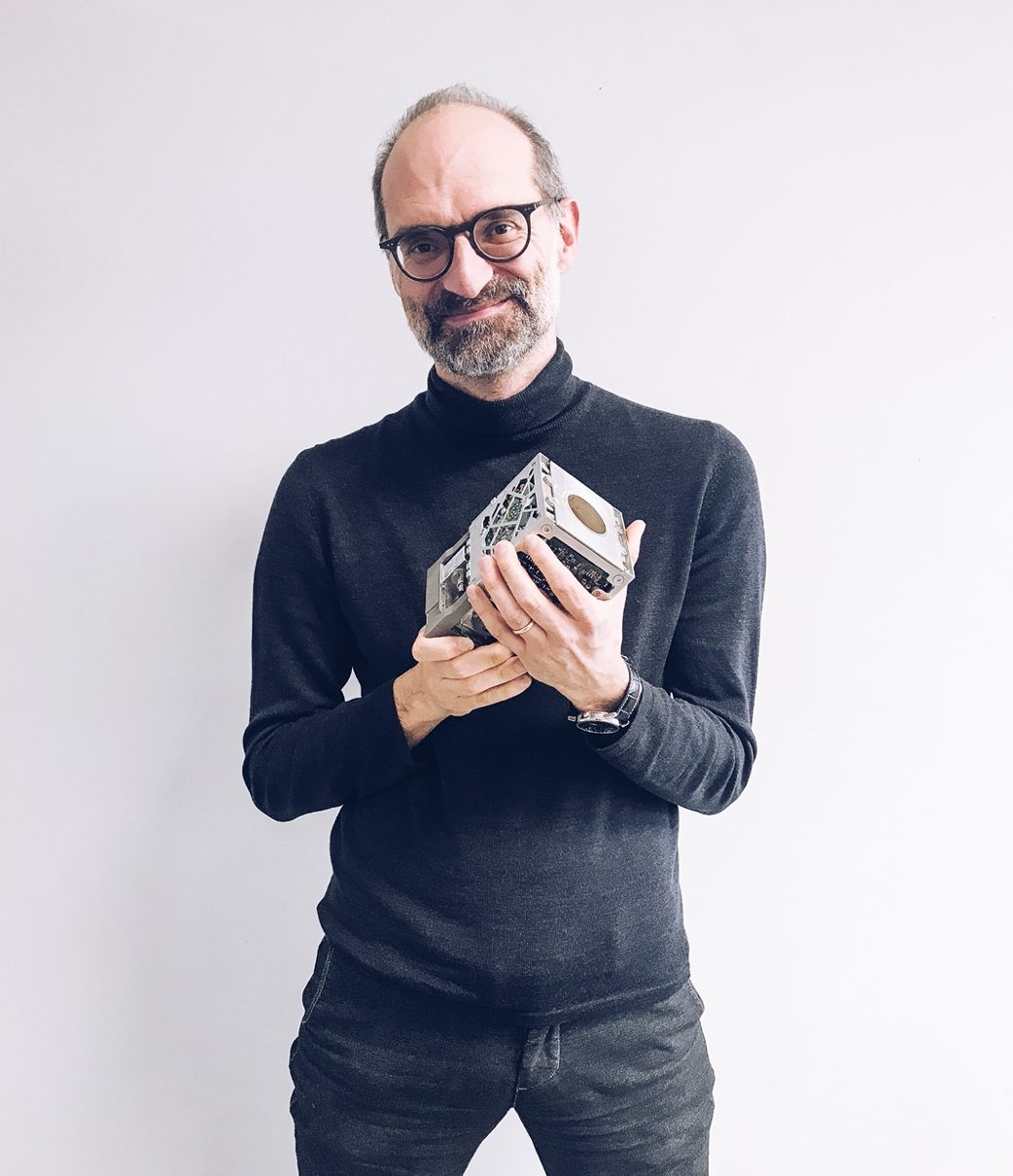
Daniele Pavarin
Professore Associato Propulsione Aerospaziale
Daniele Pavarin graduated in Mechanical Engineering (1997), PhD in Mechanical Measurements (2001), at University Padua, Italy developing the CISAS hypervelocity impact facility. He was visiting scientist at the Oak Ridge National Laboratory (USA) in 1999 working on VASIMR thruster from NASA. He is Associate Professor of Aerospace Propulsion at University of Padua since 2013. He has founded and is leading the Propulsion group of University of Padua (PROPAS) performing research and development on Plasma Thrusters and Chemical Rockets. PROPAS is one of few group in the world having a wide experience in electric propulsion and chemical propulsion both theoretical and experimental having performed thousands of tests on many different type of rocket and thrusters. He leaded and participated to several national and international research programs focused on the development of innovative propulsion systems. He is author of more than 150 international publications. He is Founder and CEO of T4i a spin-off of Padua University developing Advanced Propulsion Systems for micro satellites.
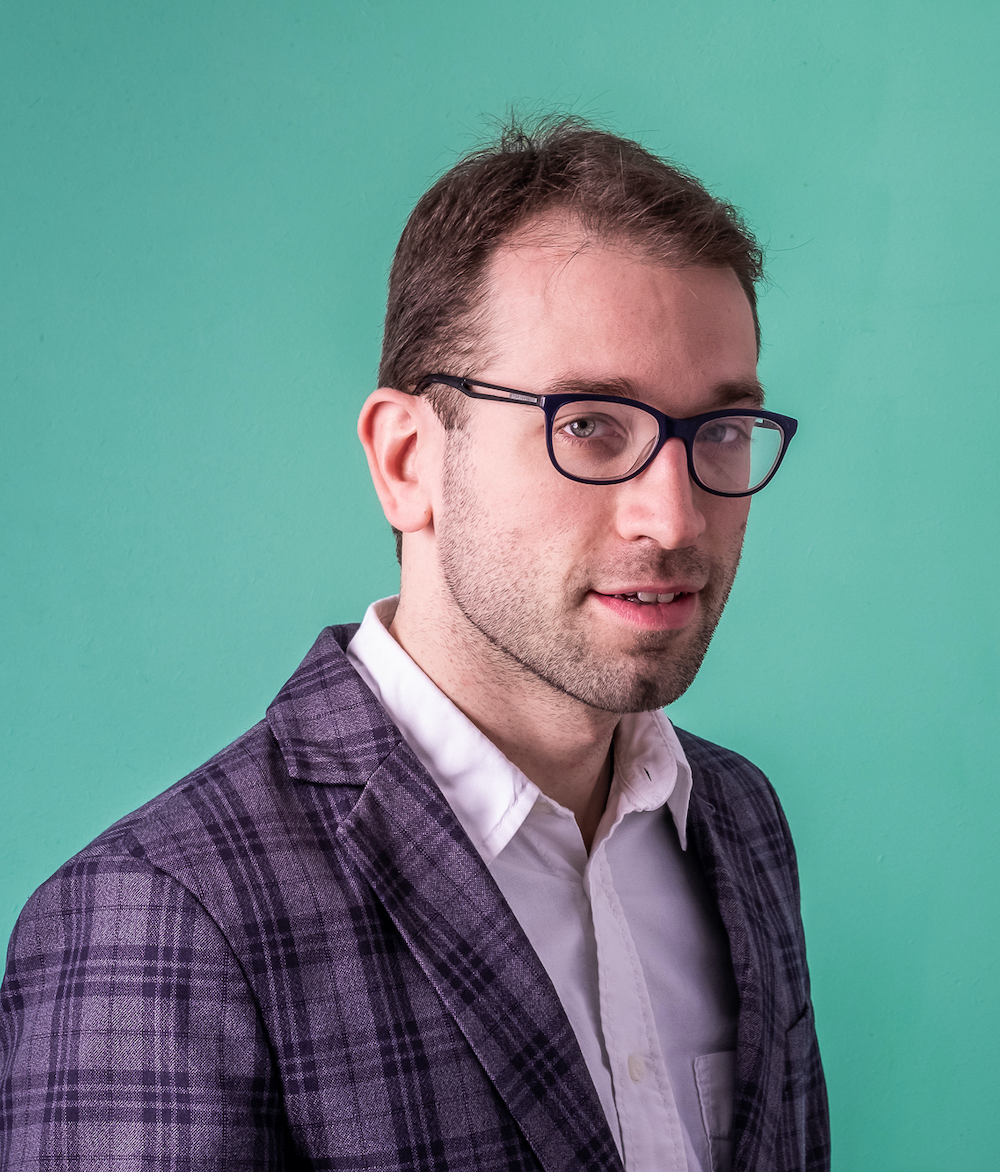
Francesco Barato
Rtd/A Propulsione Aeronautica
Francesco Barato holds a PhD in Space Science, Technologies and Measurements (STMS), course of Astronautic and Satellite Science (ASS) from the Centre of Studies and Activities for Space (CISAS) “G. Colombo” at University of Padova (2013). He is now a researcher and lecturer at University of Padova. Previously he worked in the company Technology for Propulsion and Innovation (T4i) as responsible of the chemical propulsion activities. He has 12 years of experience in the design and R&D of green chemical propulsion systems. He is co-author of more than 50 publications on conferences and journals, mainly on green chemical rocket propulsion and mission analysis/system design. He is part of a team that designed and flew a 5 kN hydrogen peroxide-paraffin hybrid sounding rocket in 2022. He is now responsible for the system design work package of the Horizon Europe EARS (European Advanced Reusable Satellite) project about a reusable satellite. He previously worked in the FP7 SPARTAN (SPAce exploration Research for Throttleable Advanced eNgine) and H2020 HYPROGEO (Hybrid Propulsion Module for transfer to GEO orbit) programs. Previously he studied Propellant Management Devices (PMD), performing theoretical analysis, numerical modeling and CFD simulations of liquids in micro-gravity conditions. Moreover, he developed and tested a PMD in flight during the participation to REXUS 9 ESA/SSC/DLR program (2009-2011) within the SPONGE team.
COLLABORATORS
—
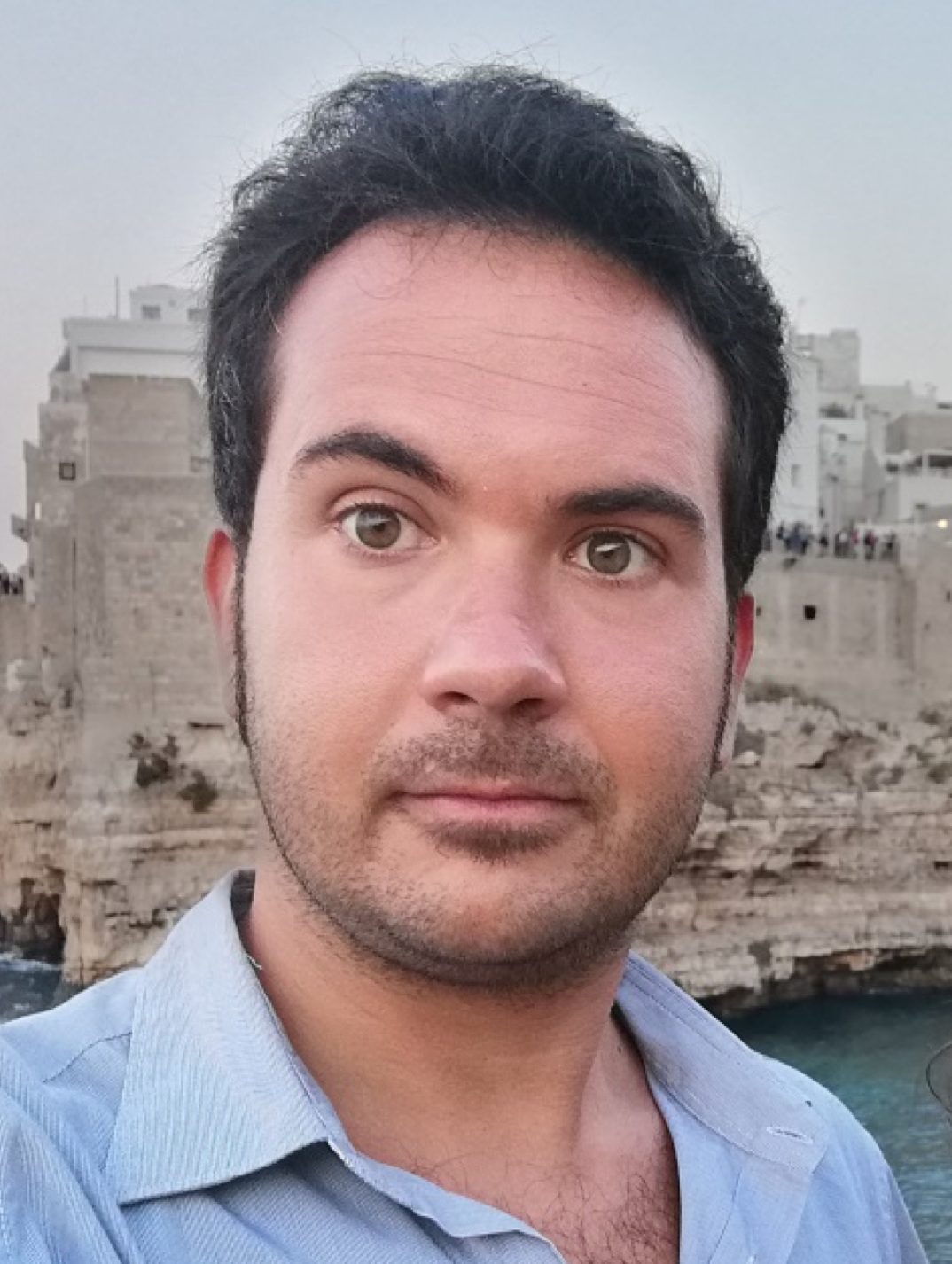
Mirko Magarotto
RtdA in Campi Elettromagnetici (Ing-Inf/02)
Mirko Magarotto graduated in Aerospace Engineering (2015), and earned a PhD in Science, Technologies and Measurements for Space (2019) at the University of Padova. He is now a researcher and lecturer in electromagnetic fields with the Department of Information Engineering (DEI) of the University of Padova. During his PhD, Mirko developed a numerical code that, combining fluid and electromagnetic approaches, simulates the plasma dynamics in electric thrusters and/or telecommunication devices. Mirko collaborated at the design, development and testing of ambipolar plasma thruster for SmallSats and plasma antennas for satellite communications. Mirko was also involved in a project on water treatment by means of plasma-based systems. Recently, he developed the new concept of plasma-based Intelligent Reflecting Surfaces (IRS). During his PhD and post-doc, Mirko has been a visiting fellow at the University of Southampton (UK), the Shanghai University (CN), and the University of Thessaloniki (GR). He co-supervised several under-graduates for their Master and co-tutored two PhD students working in the field of plasma numerical simulations. He is co-author of more than 50 publications on peer-reviewed journals and proceedings of international conferences.
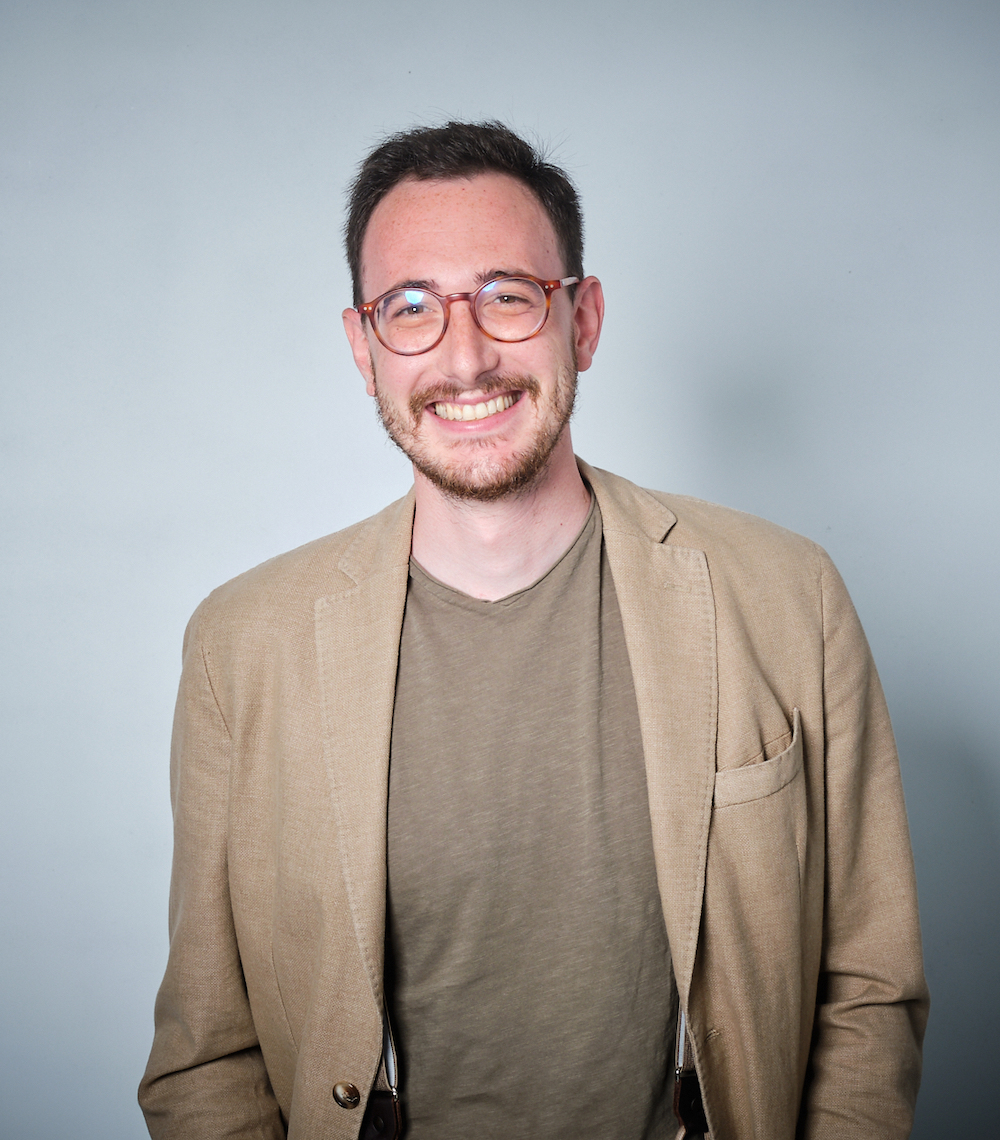
Marco Santi
Docente Corso di Laboratorio di Propulsione
Marco Santi graduated in Aerospace Engineering (2016), and earned a PhD in Science, Technologies and Measurements for Space (2021) at the University of Padova. He currently works in the company Technology for Propulsion and Innovation (T4i) as responsible of the chemical liquid propulsion both monopropellant and bipropellant. During his PhD, Marco studied, designed and tested an innovative vortex-cooled liquid-bipropellant rocket engine which uses hydrogen peroxide as oxidizer. During the research period at the University of Padua he had the opportunity to work extensively on the decomposition of the hydrogen peroxide through a solid catalyst bed and also on Hybrid Rocket Motors with a thrust scale up to 10 kN. He co-supervised several under-graduates for their Master mainly on green chemical rocket propulsion. He is co-author of more than a dozen publications on peer-reviewed journals and proceedings of international conferences on green chemical rocket propulsion based on hydrogen peroxide.
